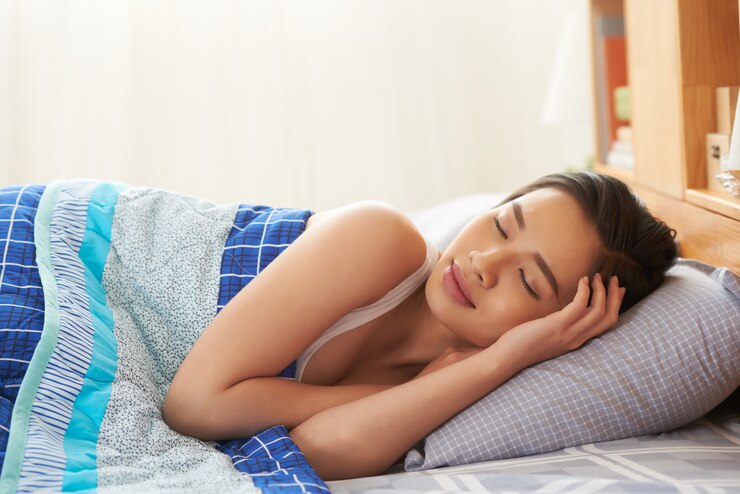During the entire learning and sleep period, their brain activity was recorded through EEG, along with their breathing.
The researchers discovered that previously learned contents were spontaneously reactivated by the sleeping brain during the presence of so-called slow oscillations and sleep spindles (short phases of increased brain activity Because respiration frequency also changes with age, the researchers then analyzed the data concerning the recorded breathing and were able to establish a connection between them Older people often suffer from sleep disorders, respiratory disorders, and declining memory function. Schreiner plans to further investigate whether there are connections between these phenomena and whether interventions – such as the use of CPAP masks, which are already used to treat sleep apnea – make sense from a cognitive perspective.
Study Reveals How Breathing In Your Sleep Affects Memory Processes



